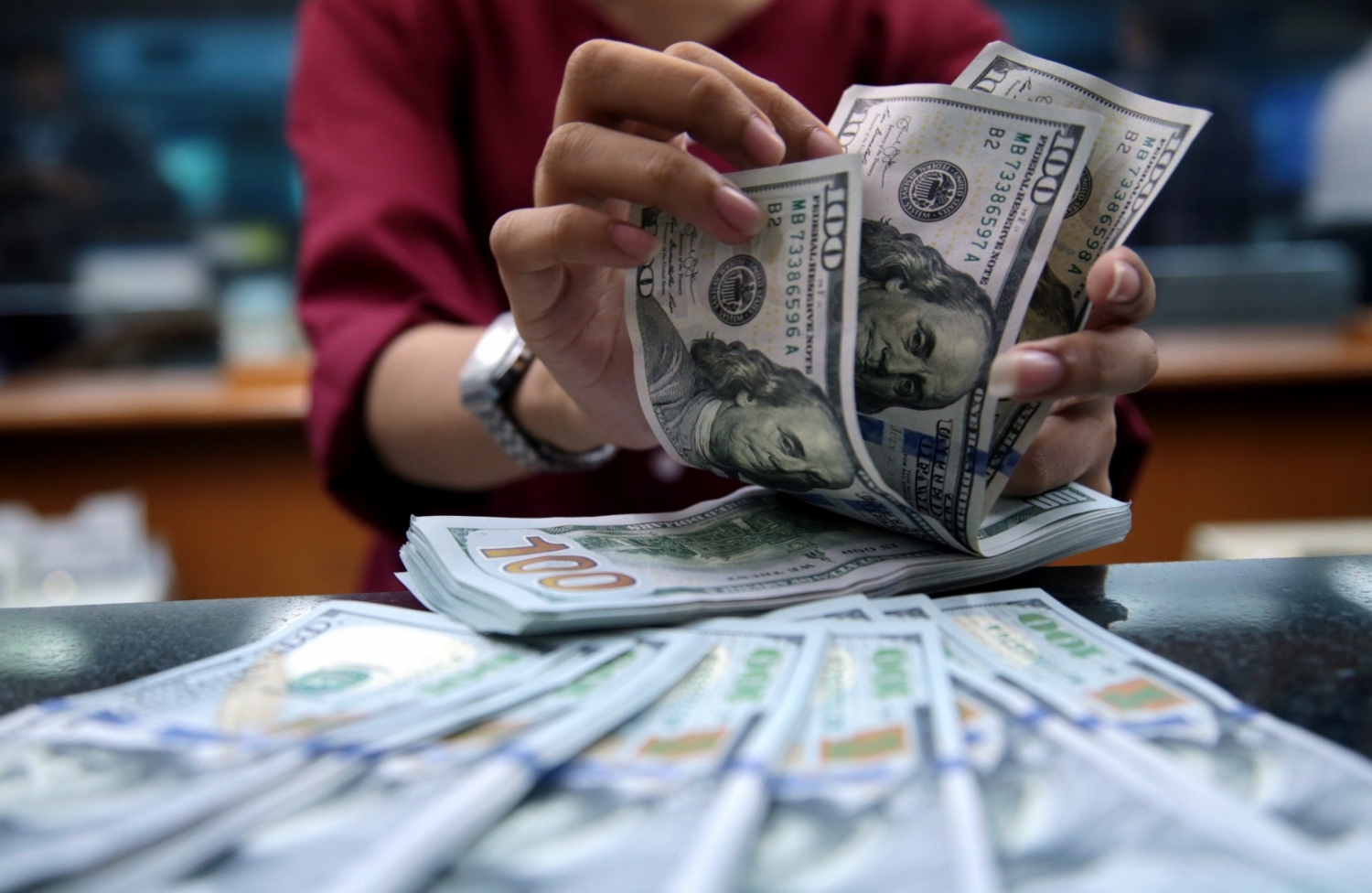What does the future hold for the dollar's dominance?
Russia-Ukraine conflict and the resulting sanctions on Russia’s central bank have led to questions about the future of the dominant role of the US dollar.

The U.S dollar share of global reserves fell from 70% at the start of this century to roughly 59% now.
Many observers wonder if sanctioning Russia’s central bank opens a pandora’s box. That is, although the current sanctions were imposed by numerous governments, one can imagine a scenario in which the United States acts alone in sanctioning the central bank of another country.
“If there is a risk of this happening, then it would make sense for various central banks to diversify their portfolio of foreign currency reserves away from the dollar. If they worry that European states might act in line with the United States, then diversifying away from euros and toward currencies of smaller economies might make sense”, Mr. Ira Kalish, Chief Global Economist, Deloitte Touche Tohmatsu, said.
In fact, this has already been happening during the past decade. Economist Barry Eichengreen has found that the U.S dollar share of global reserves fell from 70% at the start of this century to roughly 59% now. Moreover, this was not offset by increased holdings of traditional reserve currencies such as the euro, pound, and yen. Instead, the share held in other currencies increased. The Chinese renminbi only accounted for 25% of that increase. The rest went into currencies issued by smaller market economies such as Canada, South Korea, Australia, Singapore, and Sweden. Evidently, central banks like holding reserves issued by stable countries with open capital accounts and the rule of law.
Going forward, there will likely be some further diversification of reserves away from traditional reserve currencies, if only as an insurance policy against geopolitical disruption. In that sense, the sanctions on Russia have created a greater sense of risk that warrants diversification. The sanctioning of Russia’s central bank was a landmark event, given the large size of Russia’s economy.
Moreover, Mr. Ira Kalish said there would not likely be a significant surge in reserves held in renminbi so long as China retains capital controls and a lack of financial transparency. Thus, the world of reserves is gradually becoming more multipolar rather than unipolar.
That said, the US dollar and the euro are likely to remain substantially dominant, not only as reserve currencies but also, and more importantly, as principal trading currencies. Indeed, the dollar and euro together account for about 80% of all international transactions. The dollar and euro have some important attributes that make them highly attractive. These include a transparent financial system, rule of law, and in the case of the United States a vast and liquid market for government-issued securities.
“I believe if you asked a farmer in an emerging country how they would like to be paid for his wheat exports, they would likely say dollars rather than renminbi. As long as that is his answer, the dominant role of the dollar will remain”, Mr. Ira Kalish said.








